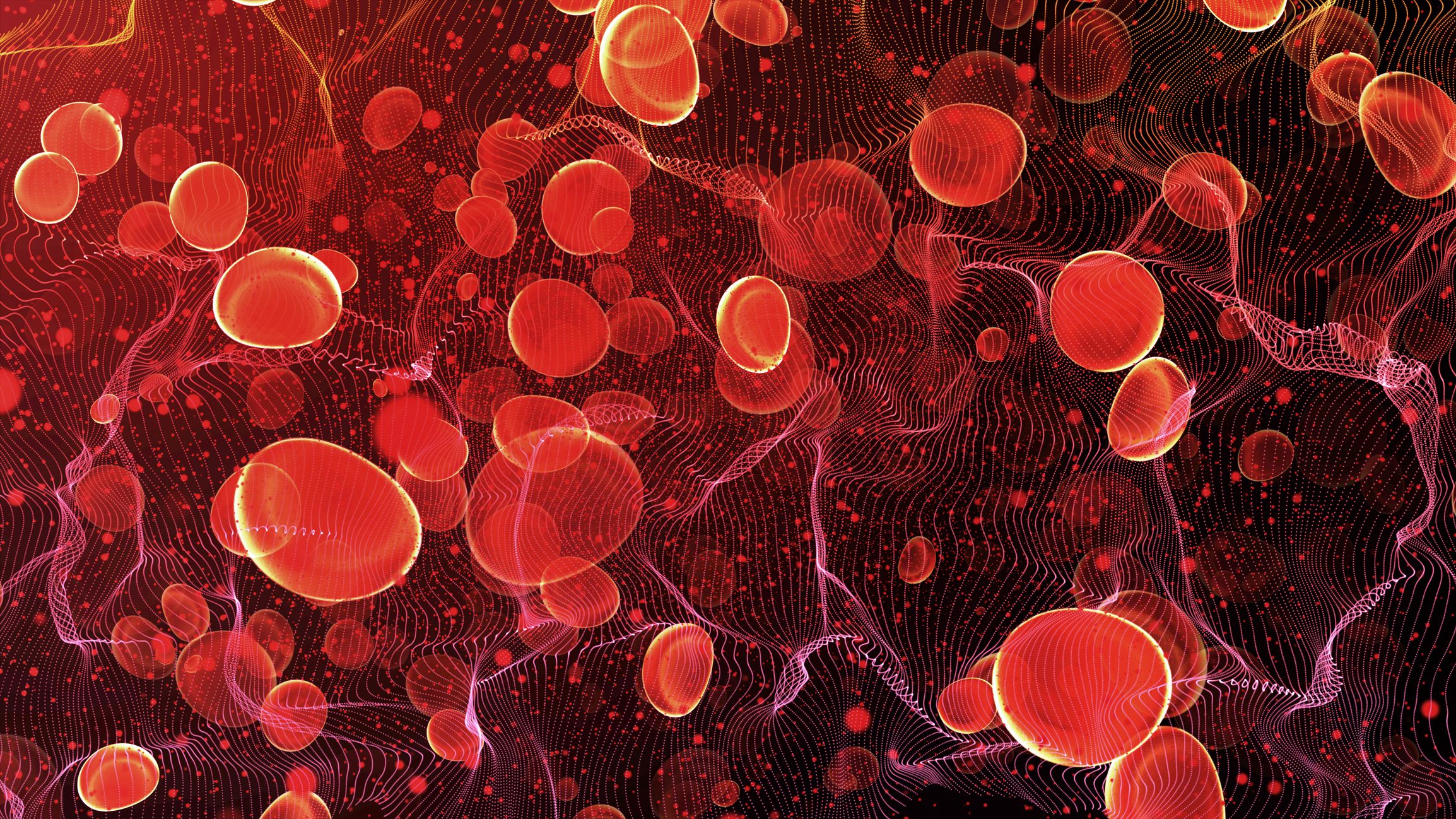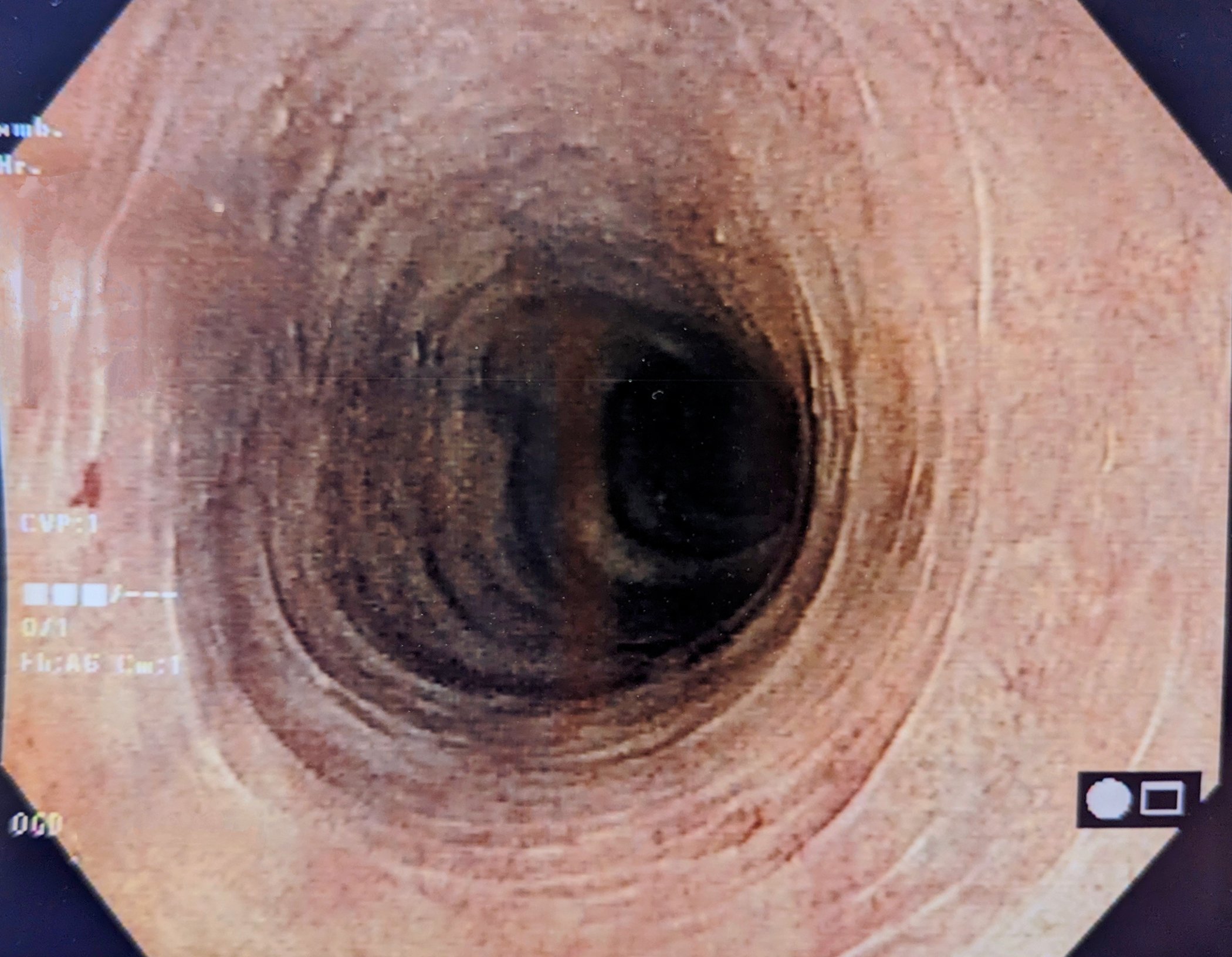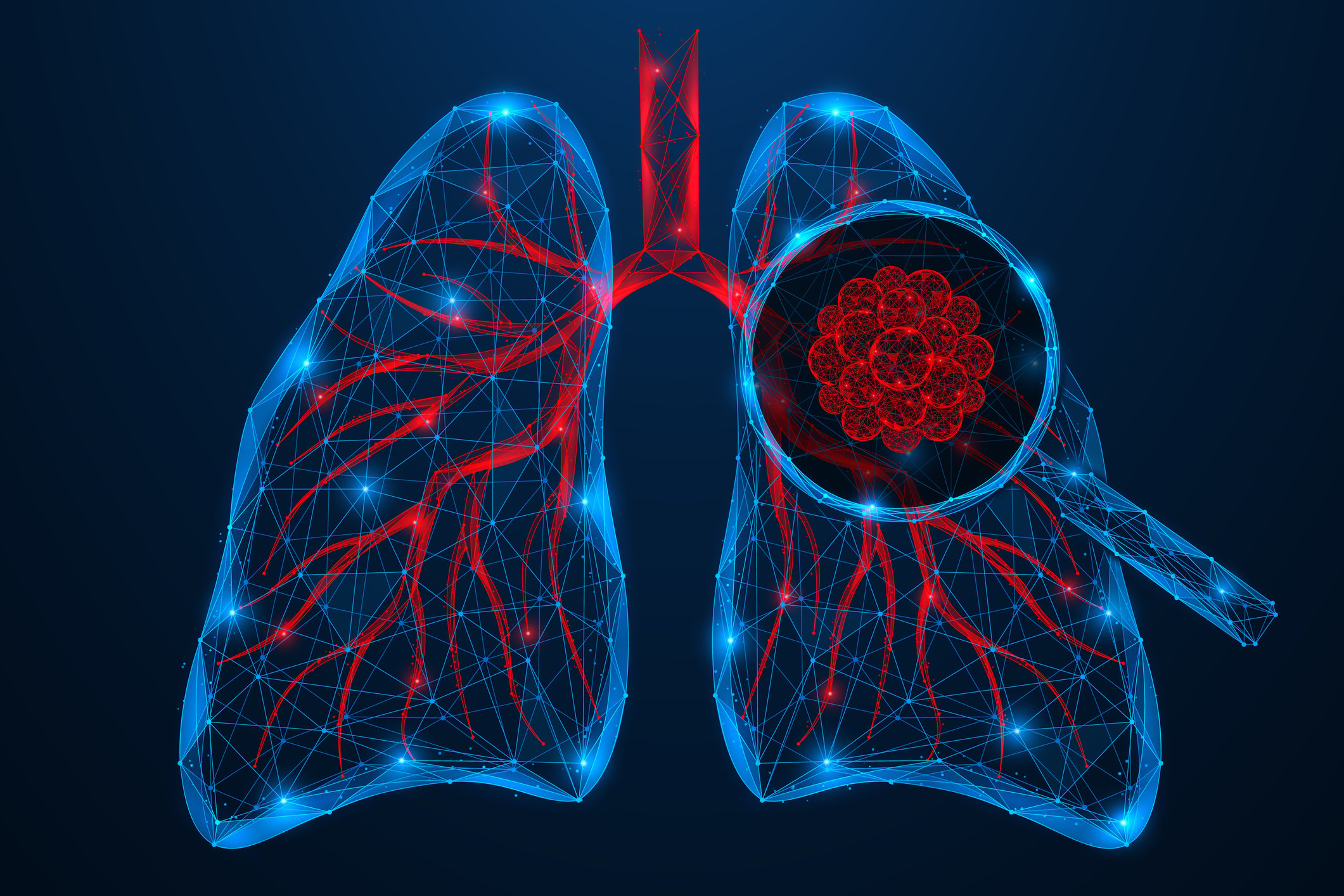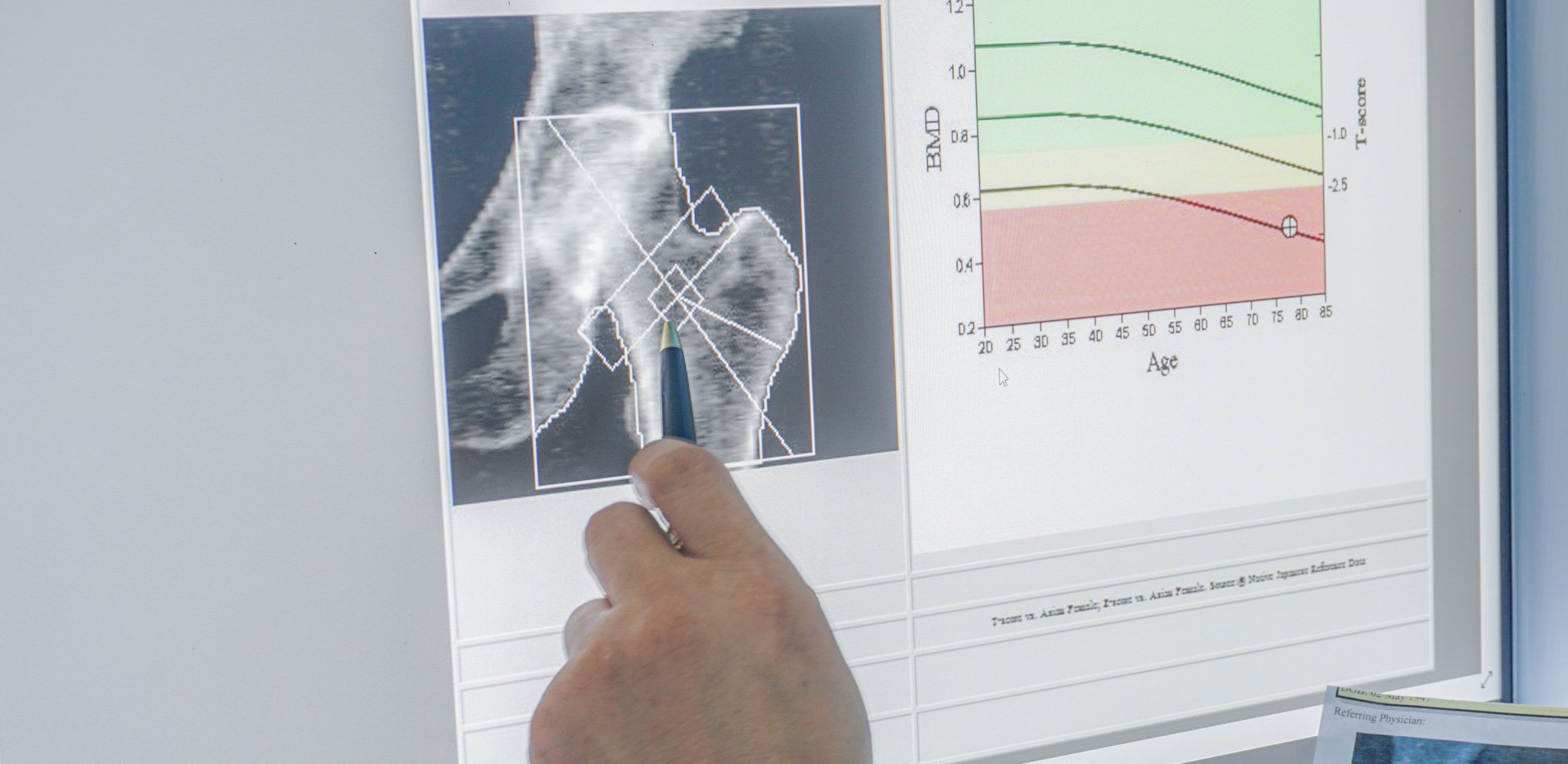In contrast to neurotypical patients, the brains of neurodivergent people develop differently from the norm. Autism is defined as a form of neurodivergence. For them, deviant stimulus processing is the rule and a central but often underestimated feature of their disorder. Those affected often show an over- or under-responsiveness to sensory stimuli and an intense interest in sensory experiences. If an autism spectrum disorder is not recognized, this can lead to serious misdiagnosis, incorrect treatment and counter-indicated interventions.
Autoren
- Dipl. Psych. Kristina Marquass
- M.Sc. Psych. Cirsten Bauer
Publikation
- InFo RHEUMATOLOGIE
Related Topics
You May Also Like
- Eosinophilic esophagitis
EoE rarely occurs in isolation
- Lung cancer with EGFR mutation
New perspectives in first-line therapy
- Sleep disorder
Sleep medicine in transition: new goals and a reassessment of old hypnotics
- Ginkgo biloba extract in the Alzheimer's mouse model
Effects on disease-associated microglia subpopulations
- "Patients W.A.I.T Indicator"
Access to medicines – how does Switzerland compare across Europe?
- Osteoporosis
Risk-stratified therapy with osteoanabolic agents improves outcomes
- Adherence in severe or poorly controlled asthma
Digital monitoring with potential for greater treatment adherence
- GLA:D® program for back pain patients











